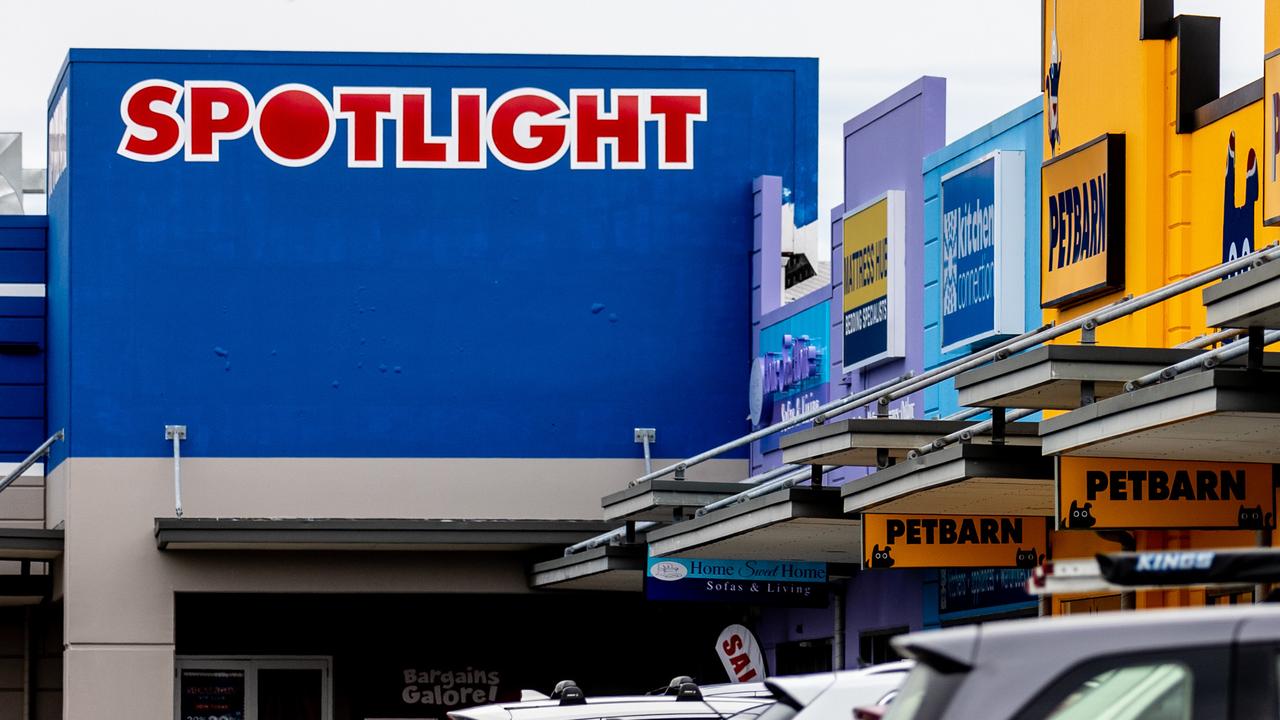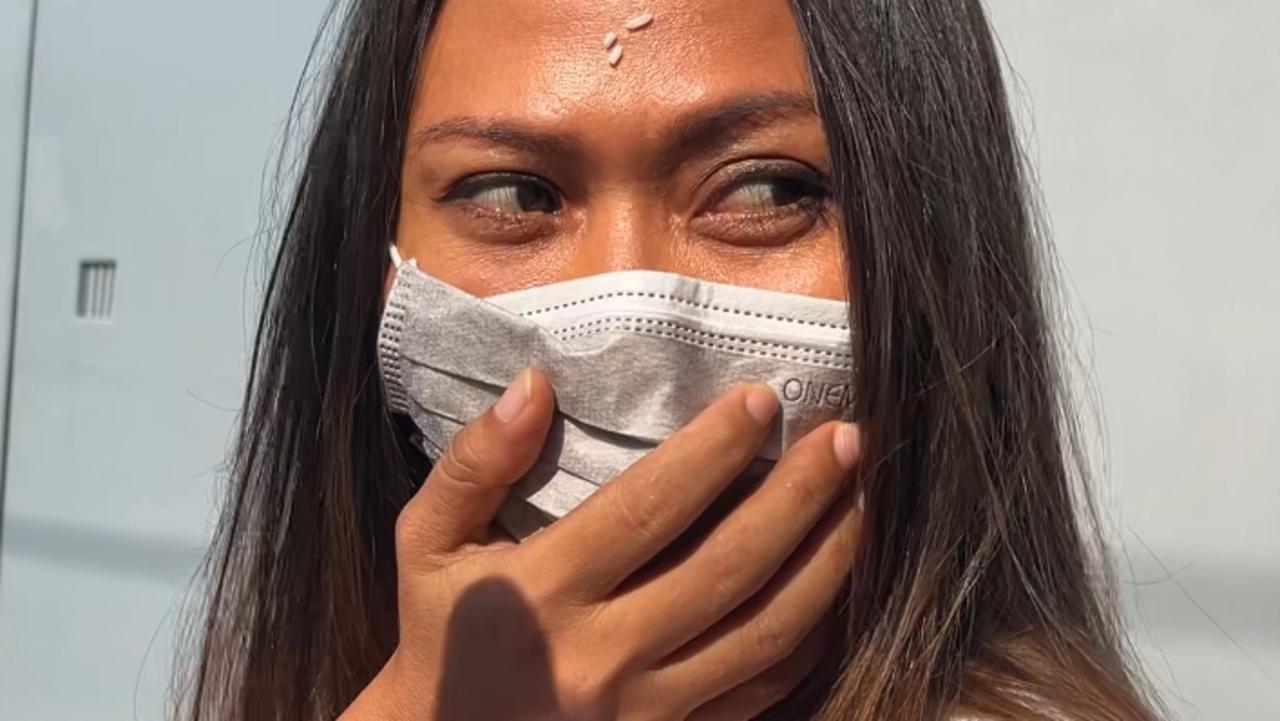Police use ‘Al Capone’ tactics to catch members of Comanchero Outlaw Motorcycle group
The police offensive against the Comanchero Outlaw Motorcycle group is being stepped up and will investigate bikies’ wives and extended families.
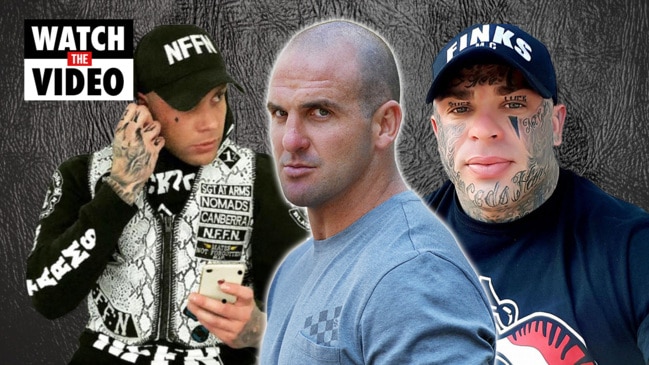
National
Don't miss out on the headlines from National. Followed categories will be added to My News.
The police offensive against the Comanchero Outlaw Motorcycle group is going after individuals as aggressively as their lifestyles, including that of their wives and extended families.
As the Australian Criminal Intelligence Commission revealed, the Comanchero control much of the distribution of drugs in this country but the latest operations look to target their familial and social networks.
“It is a bit like Al Capone and his family I guess in that what we are doing is going after their lifestyles, their taxes … compliance is more effective than surveillance,” a senior officer said.
It is understood the focus notably by NSW Police will be on their businesses such as tattoo and panel beaters shops, looking at the taxes they pay and compliance with operating regulations, conducting various consumer and fair trading office checks, issuing vehicle defect notices where warranted.
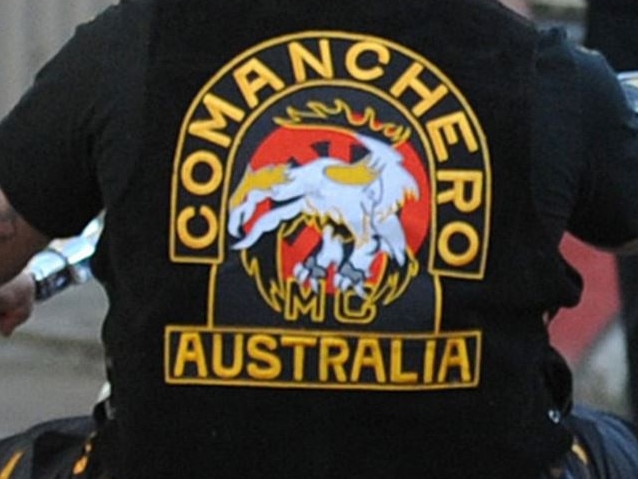
It will also involve visiting the pubs and social clubs they drink at and even through the Australian Medical Association to check if they are doctor shopping for the provision of schedule 8 drugs such as oxycodone or steroids.
Those doing bulk business with them will also come under the microscope.
The OMCG group is notorious for looking to expand their shipments by mixing cutting agents to boost volume, such as commercially available agent Levamisole, usually used to treat parasitic worms in animals.
“Every action they take for the provision of narcotics and their lifestyles largely solely funded by drugs trafficking, will be looked at closely,” the officer said.
Their partners and their assets would also be scrutinised as much of the ill gotten gains from trafficking is often moved under their names and enterprises.
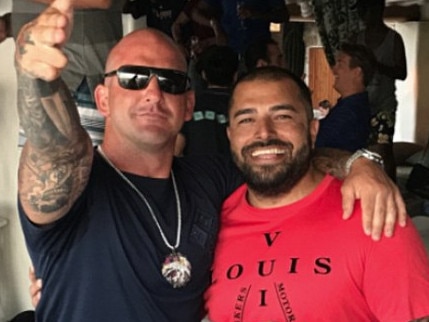
Legitimate businesses who agree to cost share sea container freight space with suspects, knowingly or unknowingly, indirectly assisting the transport of drugs will also be probed.
In March, NSW Police moved on some senior Comanchero figures including Ali Bazzi and Tarek Zahed, targeted in the Supreme Court with serious crime prevention order applications to restrict their movements restricted and monitored by police. Lawyers for the men are challenging the validity of the orders and attached affidavit which among other things restrict them from possessing more than $100,000 in cash and associating with other OMCG members who may be involved in drugs, money laundering and violence.
A third man, with orders being taken out against him, is closely linked to former Comanchero boss now living in exile Mark Buddle.
One of the trends law enforcers have noted is the “evolution” of drugs and guns crime when once competing king pins will now look to form semi-regular consortiums or commission.
“To ALL Main Players in Aus and Abroad all who land work in Sydney/NSW. As of 2021, there will be a Sydney commission that will be formed,’’ a message reportedly sent out by Buddle reads.
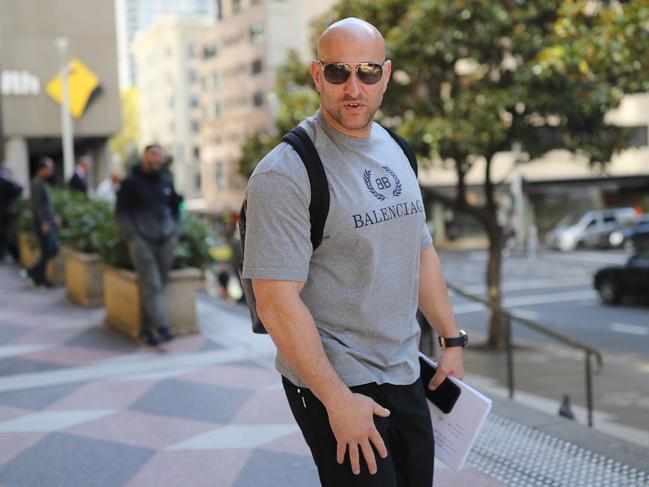
Recent busts and supply issues brought on by COVID-19 has restricted the free flow but not diminished it as syndicates look for creative partnerships, exploiting technology for trafficking.
“In terms of the way importations work, it’s no longer clear cut and yes you do have organised crime syndicates who do work specifically together, close knit to import drugs, but a lot of the times with encrypted devices now there can be communications that go over these devices which may send a message out to a number of organised crime groups, bidding for investors in terms of who would like to be involved in importation,” a senior intelligence law enforcer said, speaking on condition of anonymity.
“Encrypted devices have brought groups closer together because they can communicate over how they do their business. Those encryptions is also something we are going after.”
Below the OMCG level of distribution are the “street” dealers.
Australia’s cocaine market has been “uberised” with the delivery service suspected of being used to connect buyer and seller, in a trend first noted in Europe.
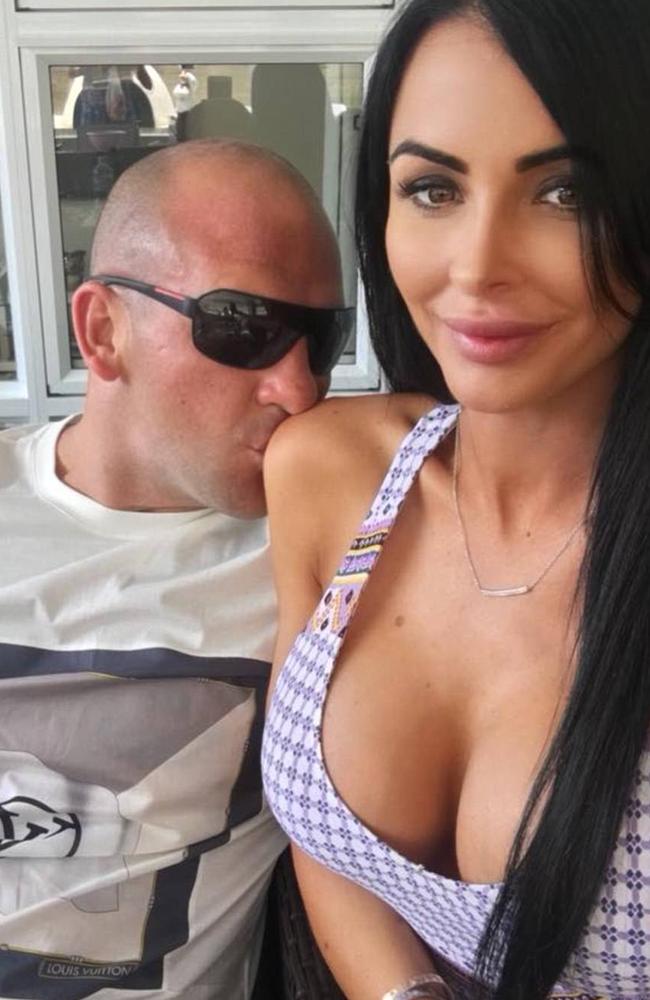
Gone are the shadowy deals outside nightclubs and in alleys, replaced instead by tech savvy sellers networking through social media and using food delivery services to traffic their goods.
“Entrepreneurship in the competitive cocaine market is evident from innovative distribution strategies, such as cocaine-exclusive call centres,” an intelligence report passed to Australian law enforcement by US counterparts, with the former confirming this was how it was now.
Police recently intercepted smartphone chats between Northern Beaches residents placing orders to a central telephone network which promoted quick delivery services by on-shift willing or oblivious taxi/uber services.
Encryption apps were seen as a game changer for dial-a-drug deliveries.
“These new methods appear to reflect to some extent the type of disruption seen in other areas facilitated by the common use of smartphones, a potential ‘Uberisation’ of the cocaine trade. ‘[This is] a competitive market in which sellers compete by offering additional services such as fast and flexible delivery options.”
There was a time when cocaine use was reserved for the rich and glamorous, stock brokers and barristers.
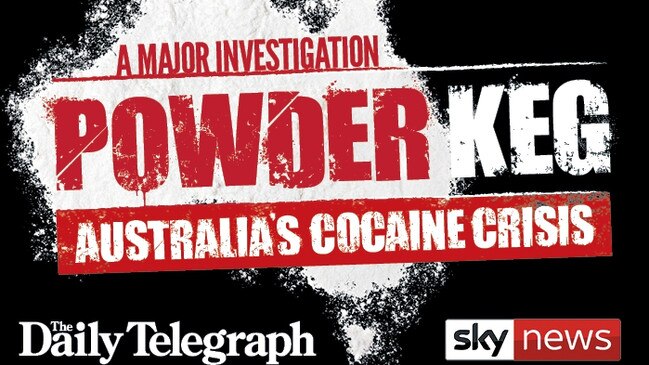
Now such is the prevalence the ACIC has determined it is just as likely to be on job sites with tradies and university students.
It’s profiling of cocaine show the proportion of 14-year-olds or older reporting having used cocaine in their lifetime rising to its highest level.
Despite weekly drug seizures – 300 to 500 are being made at our airports alone – the value remains high.
Twelve months ago a gram of cocaine was worth $350 but it is now found to be worth between $550 to $750 for the highest grade. Similar street level price value doublings are also being seen for MDMA (ecstasy), crystal methamphetamine (ice) and ketamine.
“Despite fluctuations, indicators of cocaine demand and supply point to an expanding market in Australia,” ACIC said.
* Watch Australia’s Cocaine Crisis Sunday 7.30pm on Sky News.
More Coverage
Originally published as Police use ‘Al Capone’ tactics to catch members of Comanchero Outlaw Motorcycle group



